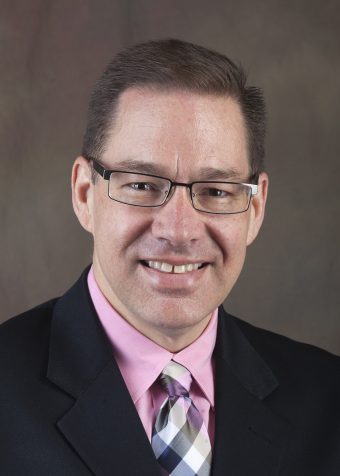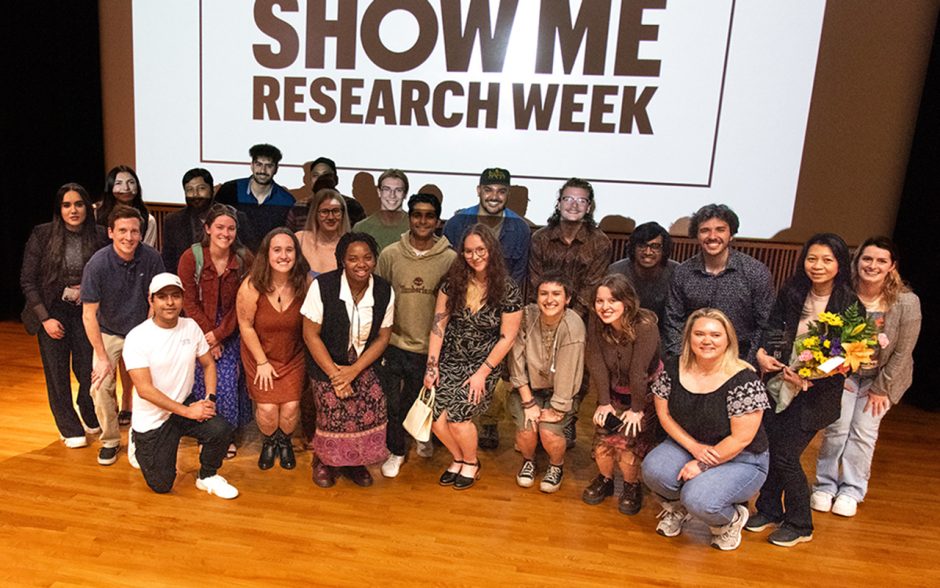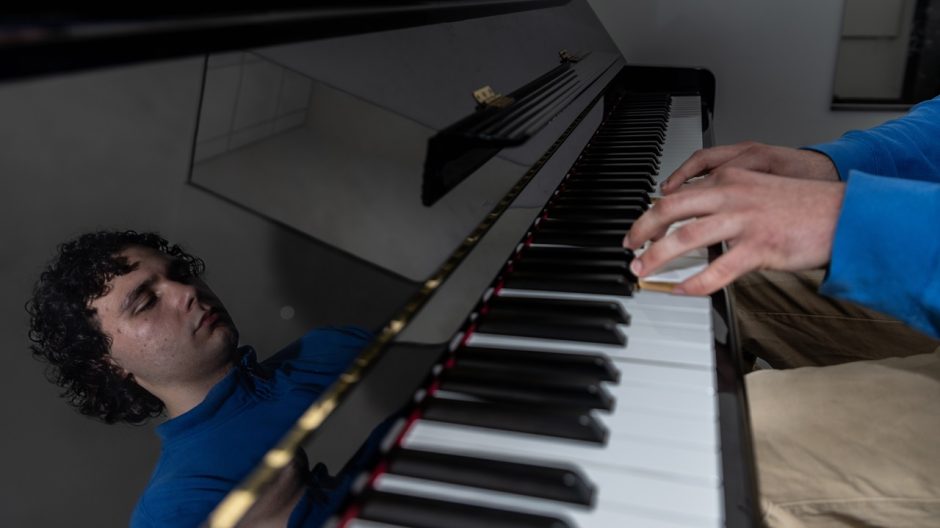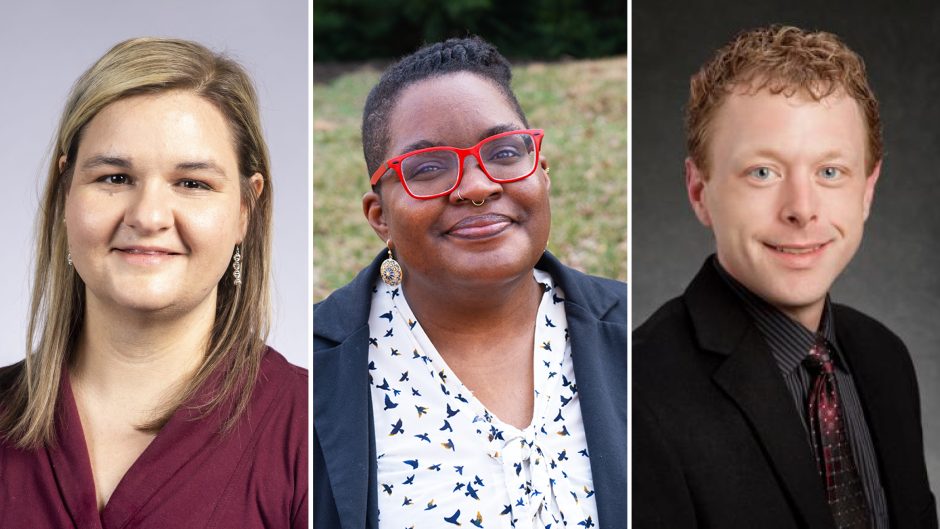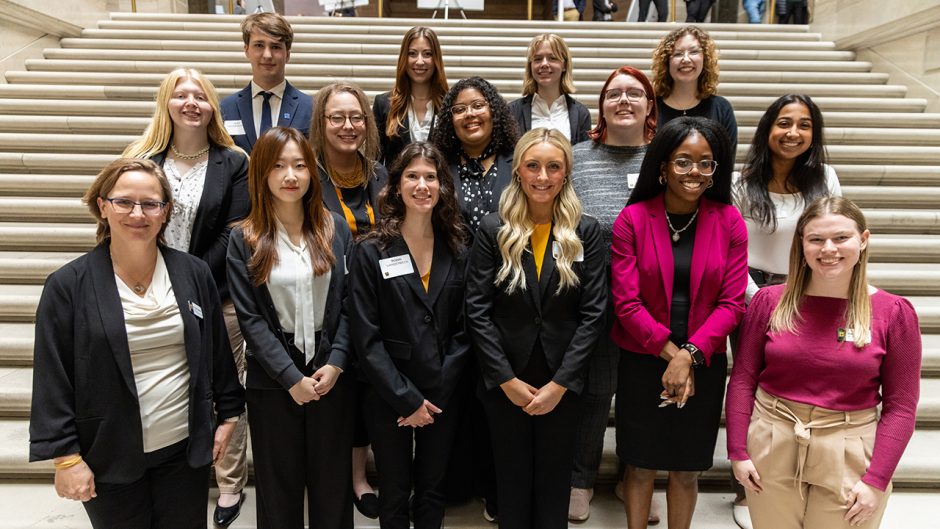Feb. 18, 2020
Contact:
Eric Stann, 573-882-3346, StannE@missouri.edu
Mitchell S. McKinney, 573-489-9709, McKinneyM@missouri.edu
The views and opinions expressed in this “for expert comment” release are based on research and/or opinions of the researcher(s) and/or faculty member(s) and do not reflect the University’s official stance.
For the Democratic presidential candidates in the 2020 election, only two debates remain to help sway the minds of undecided voters before Super Tuesday on March 3. The Feb. 19 debate in Las Vegas will take place before the Nevada caucuses on Feb. 22; and the Feb. 25 debate in Charleston, South Carolina, will occur before that state’s presidential primary on Feb. 29.
Presidential debate expert Mitchell S. McKinney is a professor of political communication and the director of the Political Communication Institute at the University of Missouri. McKinney has conducted extensive research on presidential debates and can provide reporters with insight on the Feb. 19 and Feb. 25 debates, including the following questions:
- With Michael Bloomberg’s rise in national polling and qualification for the Nevada Democratic primary debate, what message strategy will Bloomberg bring to the debate stage and how will his presence influence other Democratic candidates?
- What challenges do each of the candidates have in their upcoming debate performances, and how might these debates affect the outcome of the Nevada caucuses and South Carolina primary election?
- How will candidates navigate tensions on the debate stage to attack their primary opponents while also calling for party unity?
- How do these primary debates help the Democratic party and its voters address the key issue of candidate electability for the general election?
“On the debate stage, candidates can utilize various communication strategies to separate themselves from their opponents and win over undecided voters,” McKinney said. “As we saw in the New Hampshire primary debate, Amy Klobuchar’s strong performance, including direct attacks on Pete Buttigieg during the debate, drew attention to her campaign and persuaded a number of undecided voters. That performance resulted in her strong showing in the New Hampshire primary.”
Editor’s Note: To view McKinney’s bio, please click here.
To arrange an interview with Professor McKinney, please contact Eric Stann at 573-882-3346 or StannE@missouri.edu.
The University of Missouri has a VideoLink ReadyCam TV interview studio. ReadyCam is capable of transmitting broadcast-quality standard-definition and high-definition video directly to all news media organizations around the world.

